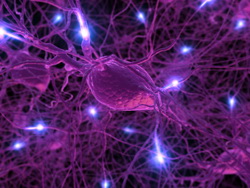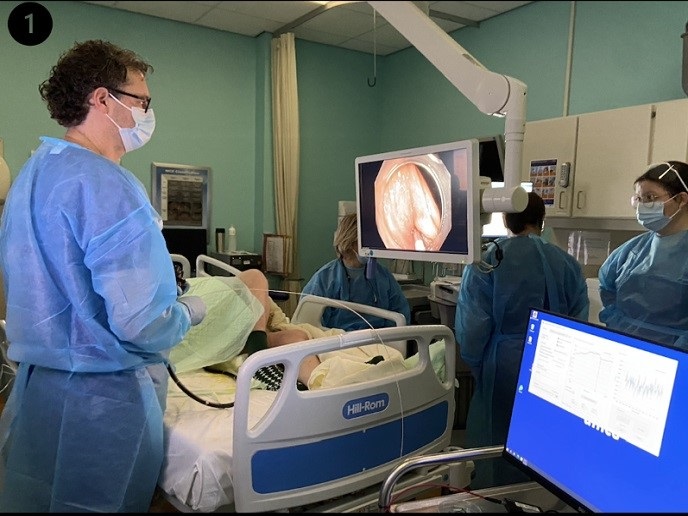New analgesic remedies for cancer pain management
Management of cancer-related pain constitutes a major challenge in modern medicine. Alleviation of the excruciating pain of cancer patients is achieved through various analgesic drugs by oral administration or transdermal patches. However, the associated side-effects of analgesic drugs hamper their widespread application, necessitating the development of better tolerated alternatives. Recent research has shown that cancer patients exhibit changes in expression of pro- and anti-nociceptive receptors in the peripheral and central nervous system. These receptors respond to pain stimuli by sending nerve signals to the brain and spinal cord. Modulation of these receptors with various ligands may be the key to blocking nociceptive signal transmission and reducing pain. This was the idea behind the EU-funded ‘Development of new therapeutic substances and strategies for treatment of pain in patients with advanced stages of cancer’ (Normolife) project: to develop new compounds that could potentially interact with receptors and suppress the generation and transmission of nociceptive signals. By combining chemistry and pharmacology technologies, project teams synthesised over 100 new compounds that were designed by theoretical analysis. These compounds were screened in vitro to functionally evaluate their binding to opioid receptors and the best candidates were subsequently applied to animal models of metastatic cancer pain. The Normolife project thus succeeded in developing and proposing novel compounds as analgesics especially for chronic pain management. The project findings provided novel insight into the physiology of pain perception and control. Promotion of the molecules for further commercial development as medicines is expected to revolutionise modern medicine and find immediate applications for the treatment of pain in advanced cancer stages.







